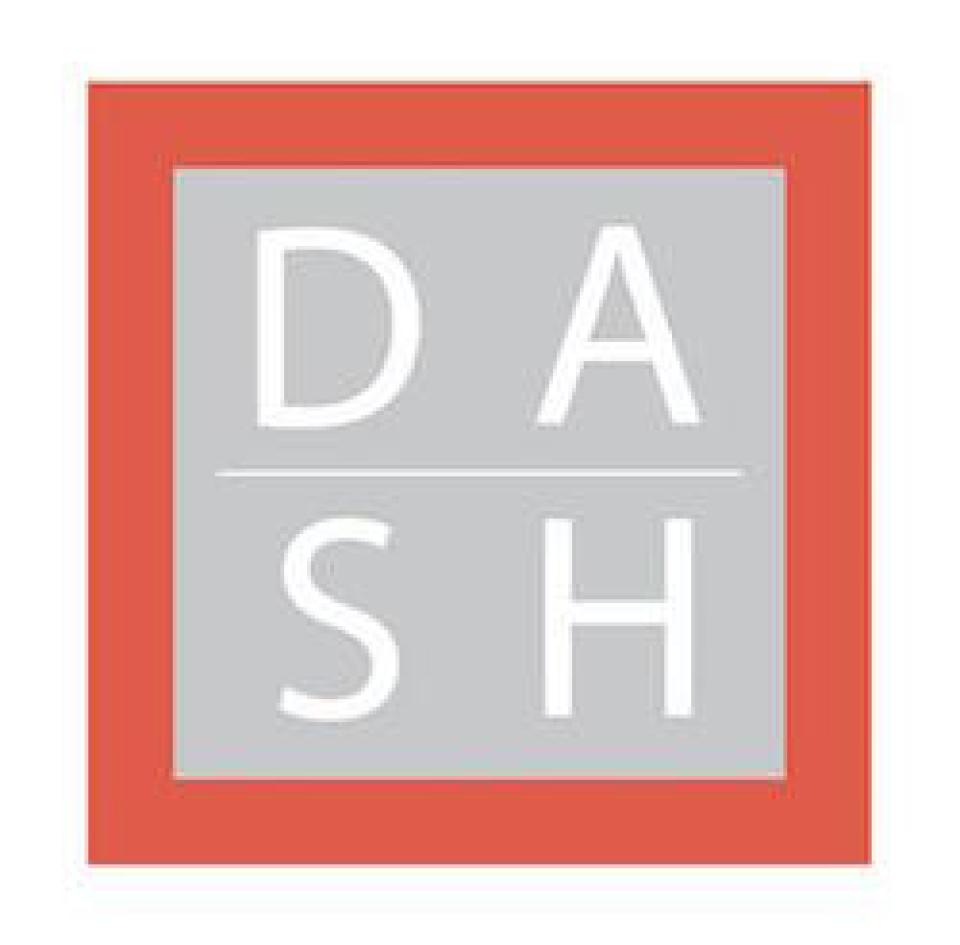
Fast, affordable Internet access for all.

As Ammon, Idaho, celebrated the official launch of its publicly owned open access network on October 5th, 2017, the folks from Harvard University’s Digital Access to Scholarship at Harvard (DASH), shared Ammon’s story in their new report. Enabling Competition and Innovation on a City Fiber Network, by Paddy Leerssen and David Talbot provides the details of the community’s pioneering network that uses technology to increase competition for the benefit of citizens.
The report explains Ammon’s “Network Virtualization” strategy and how they accomplish it with software-defined networking (SDN) and networking function virtualization (NFV). The results reduce costs and allow users to take advantage of more specialized services, including allowing them to easily switch between Internet service providers. The environment encourages ISPs to take extra steps to please their subscribers.
Leerssen and Talbot also take the time to explain the network’s evolution from classic I-Net to groundbreaking Fiber-to-the-Home (FTTH). Information in the report includes detail about pricing, and how the city determines the cost for connectivity to property owners. Readers can also learn about the ways users are taking virtualization to the next level by creating their own private networks.
Readers can learn how the Ammon Model has changed prior conceptions of municipal networks because the community needed and wanted a new approach. While Idaho is not one of the states where legal barriers discourage municipal Internet networks, the authors address how some state laws have effectively crippled local attempts to improve connectivity.
Key Findings from the report:
Ammon’s network initially served government and business users. Construction of a residential network—paid for by a property assessment equal to $17 monthly for 20 years—began in September of 2016. As of August 2017 it had 145 residential customers, with more than 270 homes expected to be connected by November 2017 in the first connected neighborhood.
The city charges users a $16.50 monthly utility fee for a fast data connection to the city network. Users then choose from Internet service providers (ISPs) via an online dashboard for access to the wider Internet or specialized services. To make this possible, the city uses network virtualization software from Entrypoint Networks, a Salt Lake City company.
So far two ISPs, Direct Communications and Fybercom, offer retail residential service; their prices start at $10 per month for 100Mbps upload and download service to $50 per month for 1 Gbps upload and download with no contract. Unlike services from most ISPs, these speeds are guaranteed, not “best effort.”
Though in a very early stage, Ammon’s network provides novel capabilities: customers can take services from more than one provider at a time; businesses can form their own internal networks within Ammon’s network without using an ISP; and public safety communications can be given priority over all other network uses in emergencies.
